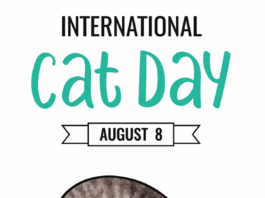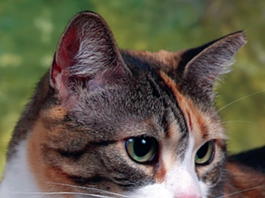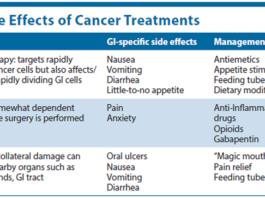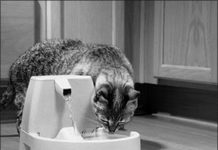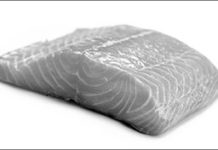In the News: November 2014
An overwhelming number of British veterinarians - 98 percent of them in a survey of 1,208 - say that clients who search the Internet for advice before visiting a veterinarian are more likely to diagnose and treat their pets themselves.
Two Often-overlooked Halloween Hazards
Halloween poses well-known stressors and safety risks to our cats, from ringing doorbells to scary costumes. But here are two threats we may overlook: burning candles and heated essential oils in potpourri containers.
Ask Elizabeth: October 2014
Q We have a 4-year-old female tuxedo-patterned kitty named Puff whose right eye occasionally (every few months or so) gets a little “weepy.” It stays that way for a week or so before she gets it cleaned up and then it’s fine until the next occurrence. Is this something we should be concerned about?
In The News: October 2014
A pathologist at Massey University in New Zealand is studying the role that papillomavirus plays in squamous cell carcinoma (SCC), a common skin cancer in cats. If caught and treated early, SCC can have a favorable outcome, according to the Cornell Feline Health Center. If the cancer’s eruptions, which can resemble scabbed sores, go unnoticed, however, it can prove fatal.
Ask Elizabeth: September 2014
Q. My kitty was just diagnosed with bladder stones, and her veterinarian recommended a high-salt diet to make her drink more in an effort to dilute her urine and prevent future bladder stones. While I understand why we may want to make her drink more, I’m worried about the effects of a high-salt diet on her heart because I know that people with heart disease shouldn’t have much salt. Can you provide advice?
Their Daily Water Requirement?
Even if you could lead your cat to water, you can’t make him drink. The reason this usually occurs with cats rather than other animals in most cases: it’s part of their biological make-up, says Brian Collins, DVM, a lecturer in the Community Practice Service at Cornell University College of Veterinary Medicine.
Ask Elizabeth: August 2014
Q. We have a 5-year-old cat we have built an outdoor enclosure for (he loves it!), but with summer upon us, we are concerned about the heat and other potentially dangerous health risks for cats. Can you give us a rundown of what we should be concerned about during the hot summer months?
Some Diabetics Won’t Need Insulin
Living with a diabetic cat isn’t as difficult as owners initially expect, thanks to some pleasant surprises like this: About a third of cats will come to a point where they won’t need insulin any longer. They’re transient diabetics, says Megan Morgan, VMD, a specialist in internal medicine at Cornell University Veterinary Specialists in Stamford, Conn.
Don’t Feed These 15 People-Foods
Some cats are finicky eaters while others behave more like chowhounds, quickly gobbling all food at any opportunity. But because your cat’s body metabolizes food differently, some foods and medications considered safe for you can be deadly if your cat ingests them.
When Play Biting Turns Aggressive
You may have been amused when your kitten or newly adopted cat first playfully pounced on your ankles or delivered love nips to your hand. But now, his swatting and biting have intensified, leaving you with deep scratches and broken skin.
Some Diabetics Wont Need Insulin
Living with a diabetic cat isn’t as difficult as owners initially expect, thanks to some pleasant surprises like this: About a third of cats will come to a point where they won’t need insulin any longer. They’re transient diabetics, says Megan Morgan, VMD, a specialist in internal medicine at Cornell University Veterinary Specialists in Stamford, Conn.
Dont Feed These 15 People-Foods
Some cats are finicky eaters while others behave more like chowhounds, quickly gobbling all food at any opportunity. But because your cat’s body metabolizes food differently, some foods and medications considered safe for you can be deadly if your cat ingests them.


